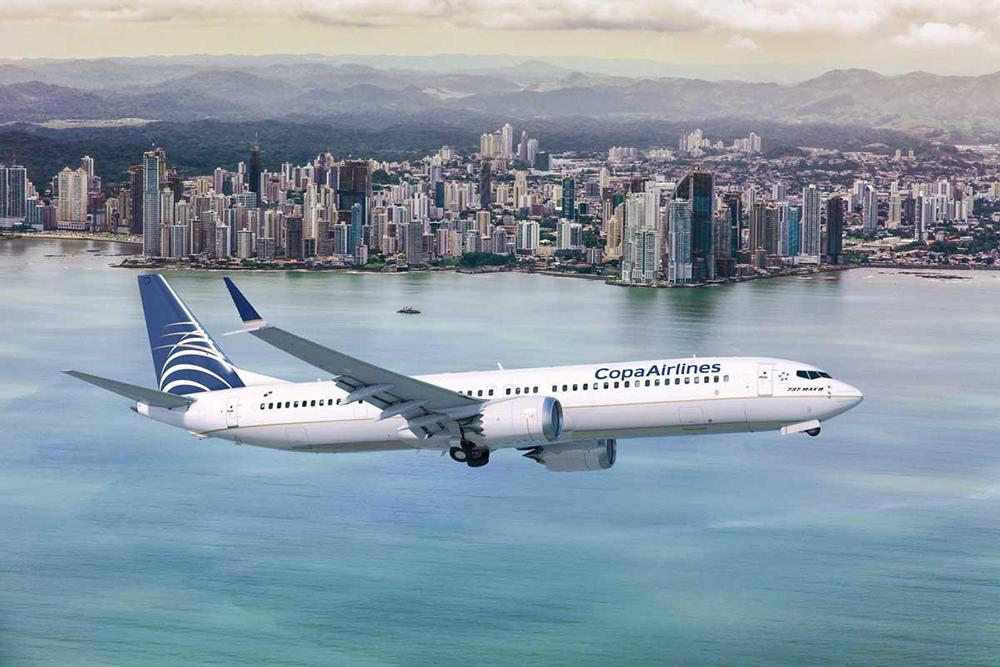
Copa Airlines is leveraging digital technologies to drive greater efficiencies in its Technical Operations business. The airline’s maintenance arm has rolled out a variety of customized software tools to extend time between scheduled maintenance intervals and simplify maintenance processes.
The airline previously managed MRO for its fleets across multiple systems because its Boeing 737 NG Maintenance Program was controlled by United Airlines, which used Sceptre MRO software. In late 2017 it deployed IFS Maintenix software to bring all maintenance processes under one software platform—a project which took 15 months to complete for 100 aircraft and more than 1,300 users.
At the time, Copa’s primary focus was on reducing the number of A check maintenance events for its 737 aircraft in line with Boeing’s Maintenance Planning Document. According to Yessibeth Jurado, senior manager of projects and MRO systems at Copa, the airline was able to use the software to reduce A checks by 25% and lengthen the time between checks by increasing A check task yield from 80% to 93%, which resulted in more aircraft availability, as well as cost efficiencies in materials and labor.
Part of the software rollout included a pilot project to introduce mobile devices to technicians, which enabled Copa to implement paperless processes, electronic task cards and e-signatures. The airline rolled out the digital functionality for all of its maintenance areas last year, including at its outstations and subsidiary Copa Airlines Colombia.
“The adoption was very good and end users identified immediately the value of having information on-site and efficiency gained due to the elimination of paperwork. The management team gained real time visibility of the productivity and performance for decisions in a timely manner,” says Jurado. “The Technical Operations team recognized the value of digital technologies as a key element to improve the business.”
According to Jurado, digital technologies also proved to be a key investment when it came to challenges the airline faced during the COVID-19 pandemic. The airline had to put some of its aircraft into long-term storage during 2020, so IFS developed a software extension that enabled Copa to implement OEM storage maintenance programs and extend scheduled maintenance for routine tasks with calendar time intervals. Jurado says this functionality helped Copa avoid unnecessary maintenance actions, manage costs and identify tasks required during aircraft return to service.
“The technology investment in the core processes for automation, easy access to data and standardization supported the challenges the organization had to face due to the pandemic,” says Jurado, noting that despite headcount reductions, Copa was able to create and modify processes to support the fleet grounding and control costs. “Having these benefits from previous projects provided a clear understanding of the impact of digital technologies in the future of Copa, so key initiatives related to increasing productivity, efficiency and cost avoidance were prioritized and [Copa] obtained the resources to move forward,” she adds.
Jurado says that in addition to continued IFS system updates, Copa has several digital initiatives on its roadmap. These include adding more documents to its paperless environment and looking into data analytics to reduce operational disruption from maintenance activities. Jurado says Copa is also interested in evaluating drone inspection solutions in the medium-term time frame.




